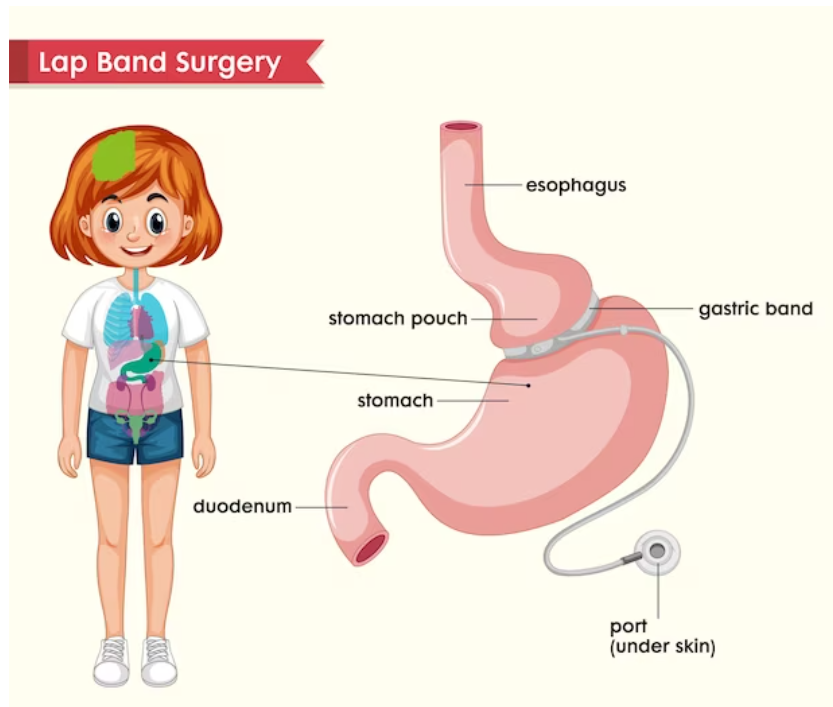
Gastritis vs. Peptic Ulcers: Key Differences and Similarities
Introduction: Gastritis and peptic ulcers are two common stomach problems that can cause discomfort and affect your daily life. While they share some similarities, it’s essential to understand their differences to receive the appropriate treatment. Let’s explore the distinctions and similarities between gastritis and peptic ulcers in simple terms.
1. Gastritis: Gastritis is the inflammation of the stomach lining. It can be acute, which means it occurs suddenly and is usually short-lived, or chronic, where it persists over time. Gastritis can result from various factors such as infection with Helicobacter pylori bacteria, excessive alcohol consumption, prolonged use of NSAIDs (nonsteroidal anti-inflammatory drugs), or autoimmune diseases.
2. Peptic Ulcers: Peptic ulcers are open sores that develop on the lining of the stomach, small intestine, or esophagus. These ulcers occur when the protective mucus layer of the stomach is compromised, allowing stomach acid to erode the underlying tissue. Peptic ulcers can be caused by H. pylori infection, long-term use of NSAIDs, excessive alcohol consumption, smoking, or stress.
3. Key Differences:
- Location: Gastritis affects the stomach lining, while peptic ulcers are sores that can develop in the stomach, small intestine, or esophagus.
- Severity: Gastritis may cause discomfort and inflammation, while peptic ulcers can lead to more severe symptoms such as abdominal pain, bloating, nausea, vomiting, and bleeding.
- Healing Time: Gastritis often heals on its own with lifestyle changes and medication, while peptic ulcers may require more intensive treatment to heal completely.
4. Similarities:
- Causes: Both gastritis and peptic ulcers can be caused by factors such as H. pylori infection, excessive alcohol consumption, prolonged NSAID use, and smoking.
- Symptoms: Both conditions may present similar symptoms, including abdominal pain, bloating, nausea, vomiting, and loss of appetite.
- Treatment: Treatment for both gastritis and peptic ulcers typically involves medication to reduce stomach acid production, antibiotics to treat bacterial infections, and lifestyle changes such as dietary modifications and stress management.
Conclusion: While gastritis and peptic ulcers share some similarities, they are distinct conditions that require different approaches to treatment. Understanding the differences between the two can help you and your healthcare provider develop an appropriate treatment plan to alleviate symptoms and promote healing.
To seek medical advice, always consult a Doctor. Here are our recommended experts. Click Here
To read more on Food poisoning. Click Here


